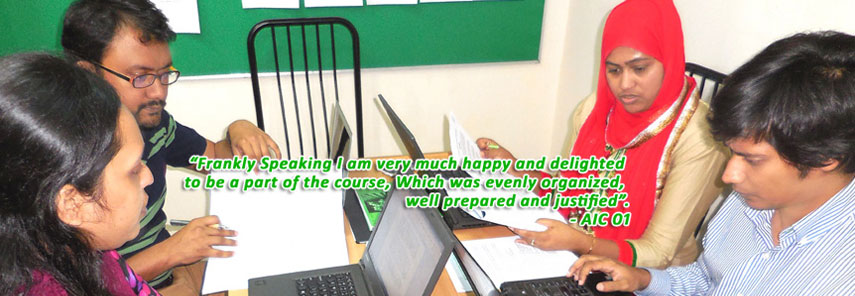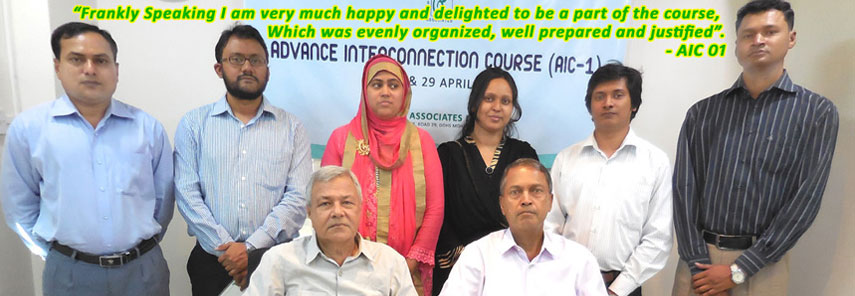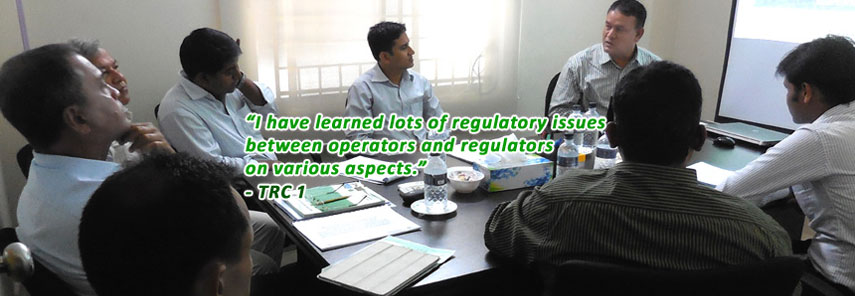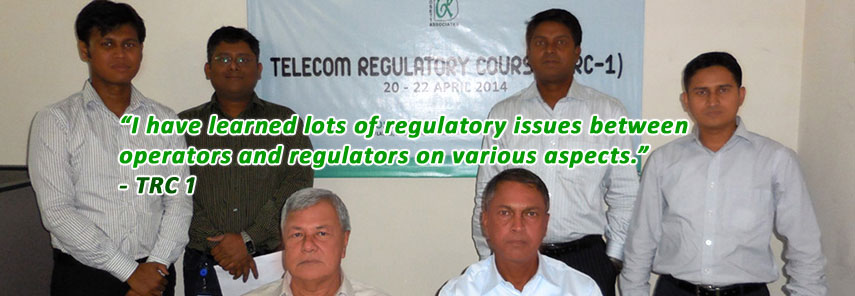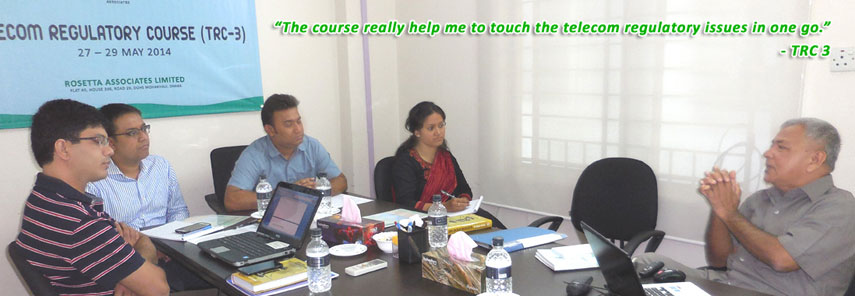ICT News
News Title : B desh advances 1 notch in ICT Dev Index
News Date : 2015-12-02
 -Staff Correspondent
-Staff Correspondent
Bangladesh has moved up one rank to 144 in 2015 among 167 countries in the ICT Development Index by the International Telecommunication Union.
In 2014, the country’s ranking was 145 and it was 148 in 2010.
The ITU report released on Monday, however, showed that Bangladesh is the second lowest country, only before Afghanistan, in regional IDI of Asia Pacific region with a ranking of 31 out of 32 countries.
The IDI is an index published by the ITU of the United Nations based on internationally agreed information and communication technologies indicators.
Bangladesh was also placed in the lowest range of internet speed category in the Asia and the Pacific region.
‘While the most common entry-level fixed-broadband speed in the region is 2 Mbit/s, there are important differences between countries,’ said the report.
It said that Hong Kong, Singapore and the Republic of Korea have basic broadband plans offering speeds of 200 Mbit/s, 100 Mbit/s and 50 Mbit/s, respectively.
Speeds in Japan, Australia, Thailand and Fiji exceed 6 Mbit/s and Indonesia and Lao People’s Democratic Republic, offer speeds of 512 kbit/s.
‘Four developing economies Micronesia, Bangladesh, the Islamic Republic of Iran and Vanuatu offer the minimum 256 kbit/s,’ the report said.
The IDI 2015 said that sharpest rise in the rankings within the region came from Bhutan, up nine places, and Myanmar, up eight places, while significant falls were recorded by Vietnam which is down eight places, India down six places and Pakistan down five places.
The report said that Bangladesh is one of the countries that prove that affordable mobile-broadband services are also possible
in LDCs and low-income countries.
The fixed telephone users declined to 0.7 per cent in 2015 compared to that of 0.8 per cent in 2010 while mobile phone users increased to 75 per cent from 44 per cent in the same period of time, said the report.
The percentage of computers increased to 6.9 per cent from 3 per cent while the household with internet increased to 6.5 per cent from 1.4 per cent, it said.
Source
